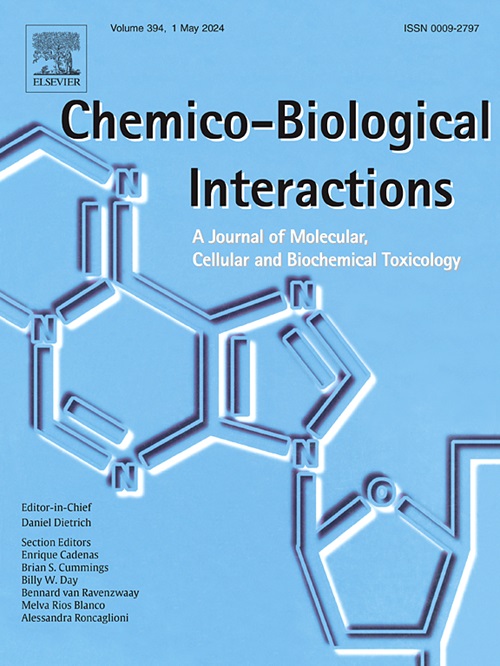Salidroside: A review of its recent advances in synthetic pathways and pharmacological properties
Abstract
Salidroside has been identified as one of the most potent compounds isolated from various Rhodiola plants, which have been used for a long time as adaptogens in traditional Chinese medicine. However, due to the severe growing environment of herbal medicine and large-scale excavation, the content of natural salidroside is extremely small. Most of the previous studies focused on herbal medicine, and there were few reviews on the synthesis of its main active ingredient salidroside. This paper presents different synthetic routes of salidroside to resolve the contradiction between supply and demand and lays the foundation for new drug research and development. Furthermore, emerging evidence indicates that salidroside, a promising environmentally-adapted drug with low toxicity and few side effects, possesses a wide spectrum of pharmacological properties, including activities on the cardiovascular system and central nervous system, anti-hypoxia, anti-fatigue and anti-aging activities, anticancer activity, anti-inflammatory activity, antioxidant activity, antivirus and immune stimulation activities, antidiabetic activity, anti-osteoporotic activity, and so on. Although the former researches have summarized the pharmacological effects of salidroside, focusing on the central nervous system, diabetes, and cancer, the overall pharmacological aspects of it have not been analyzed. This review highlights biological characteristics and mechanisms of action from 2009 to now as well as toxicological and pharmacokinetic data of the analyzed compound reported so far, with a view to providing a reference for further development and utilization of salidroside.





